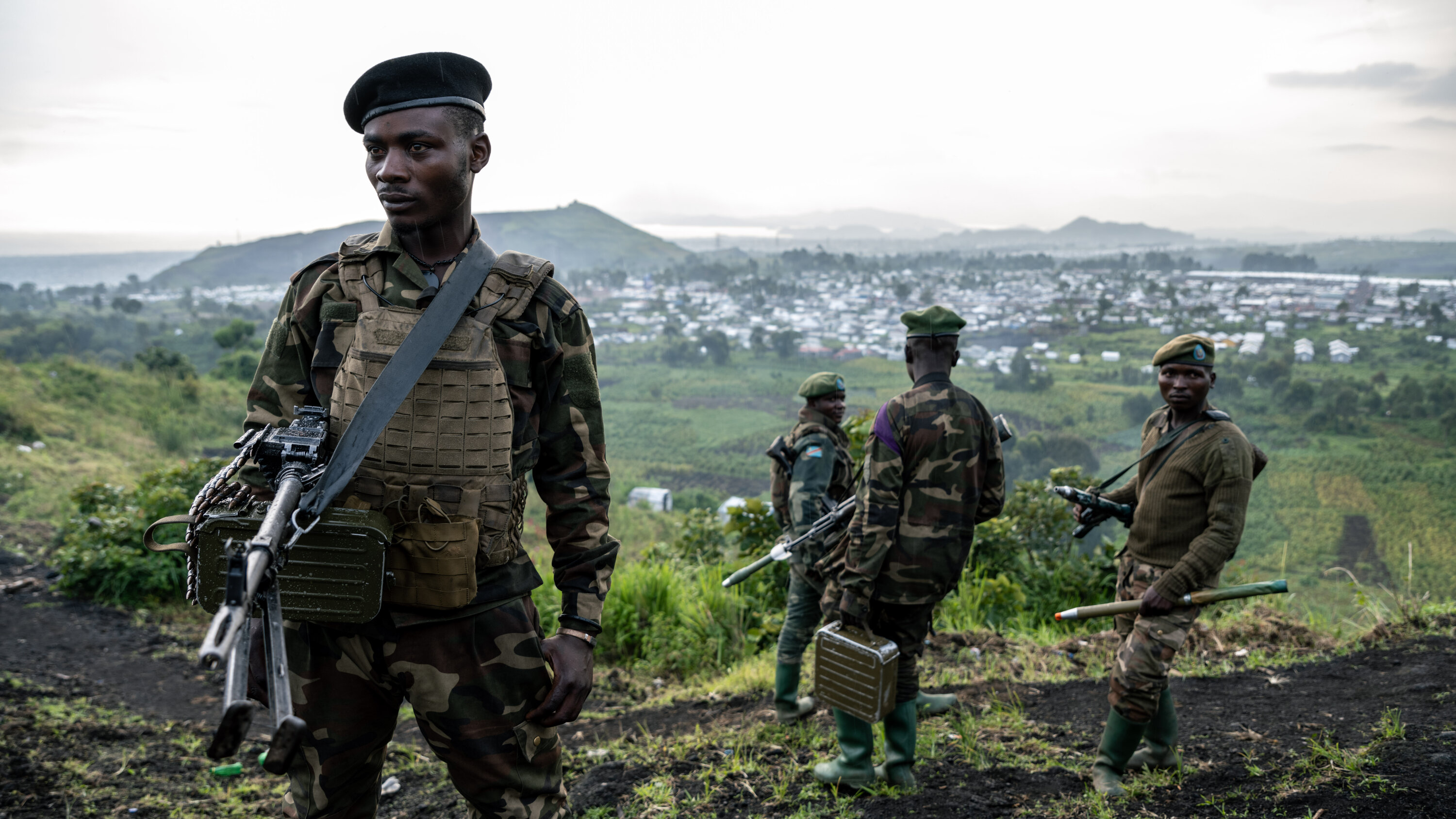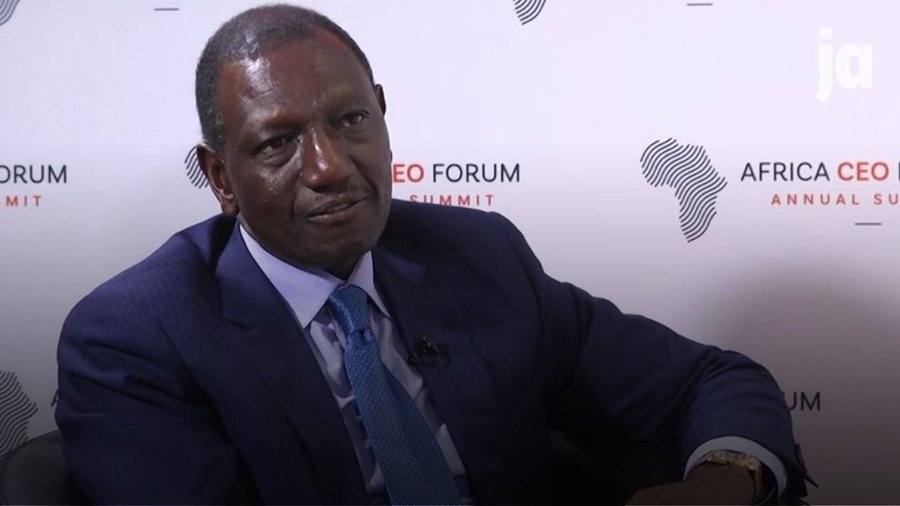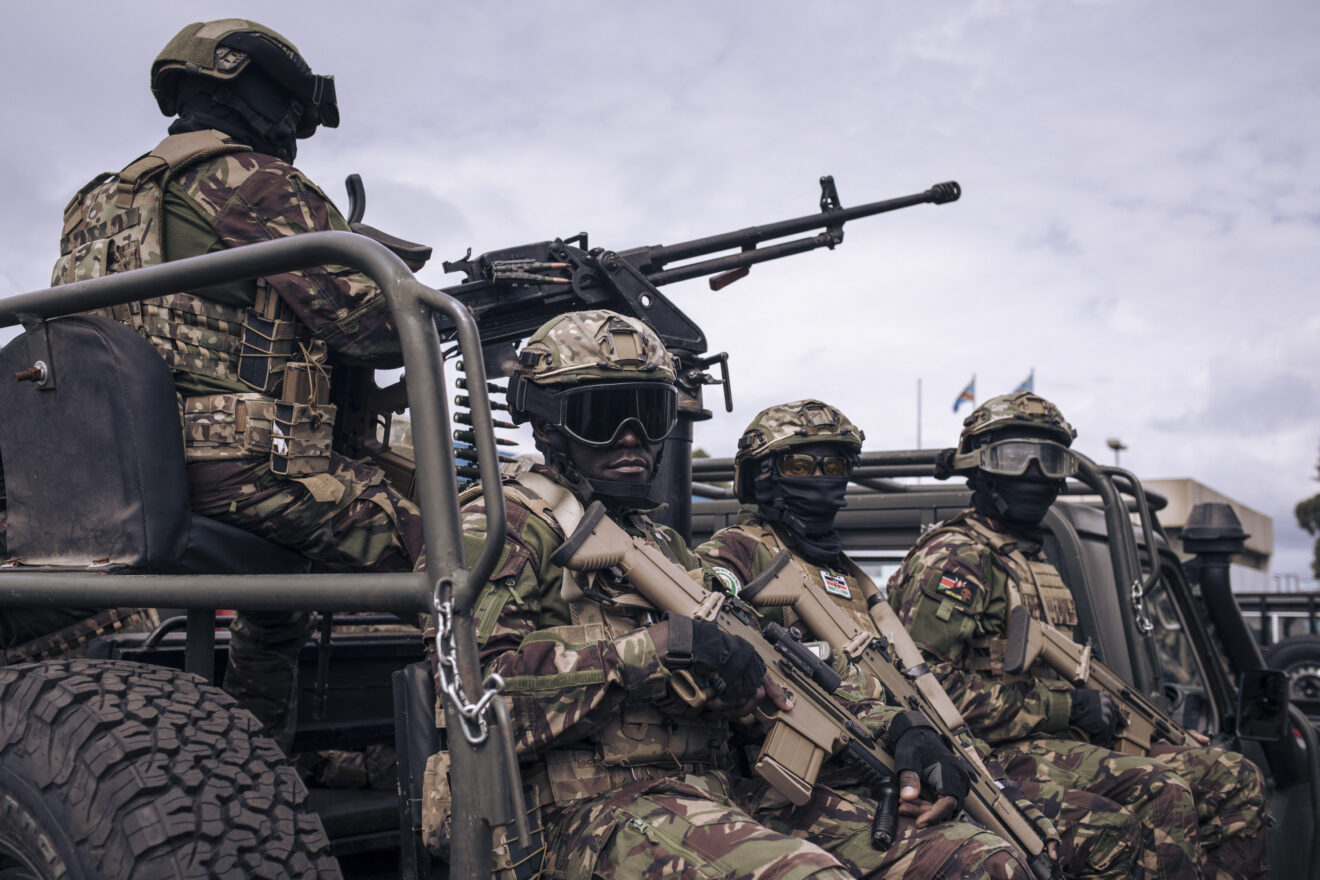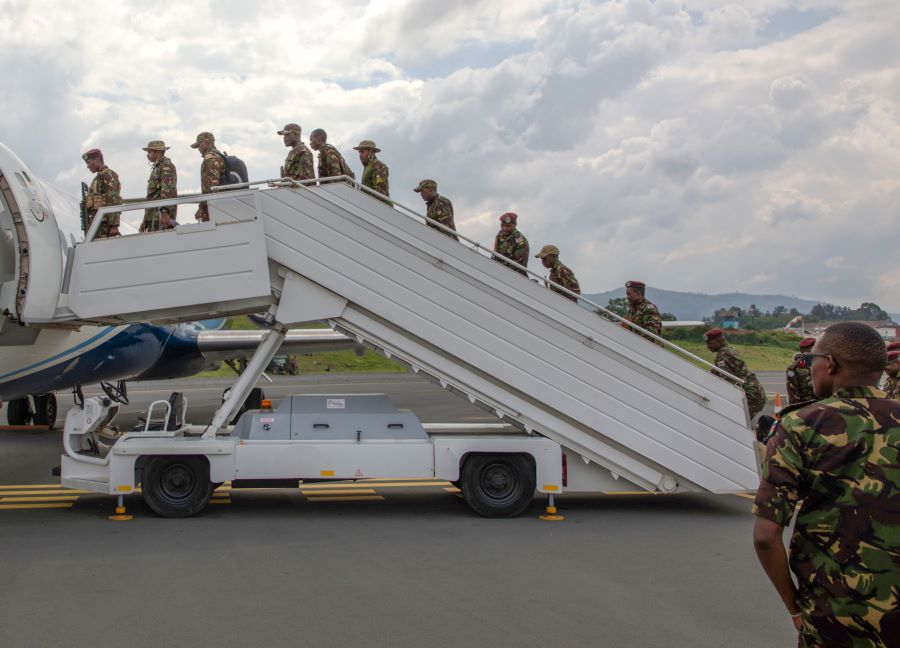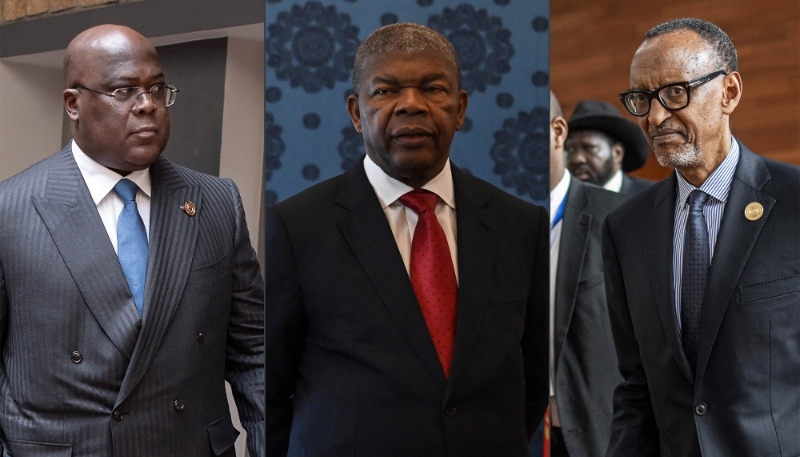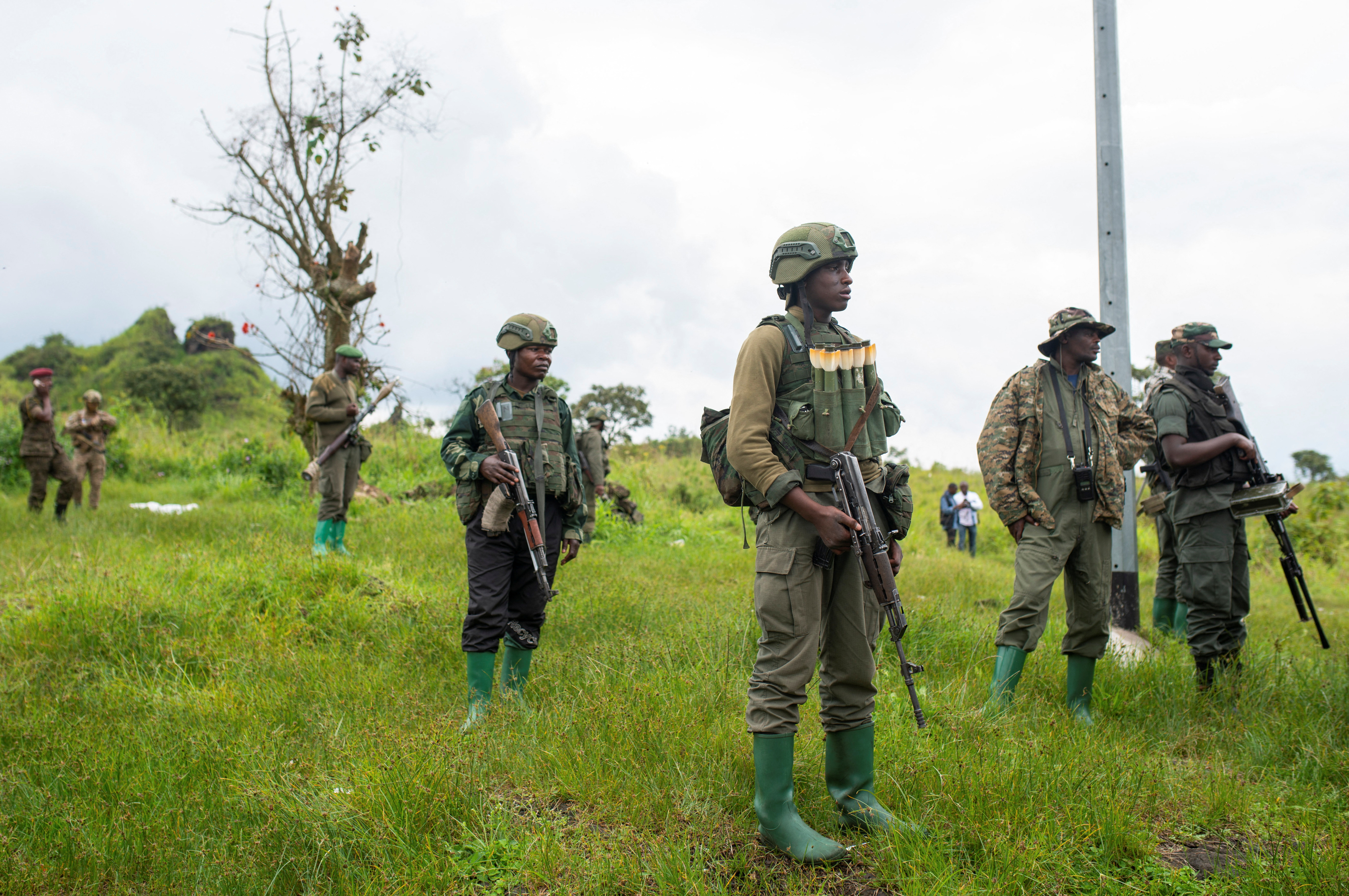Opinion
Would Kivu Republic be a solution to eastern DRC crisis?
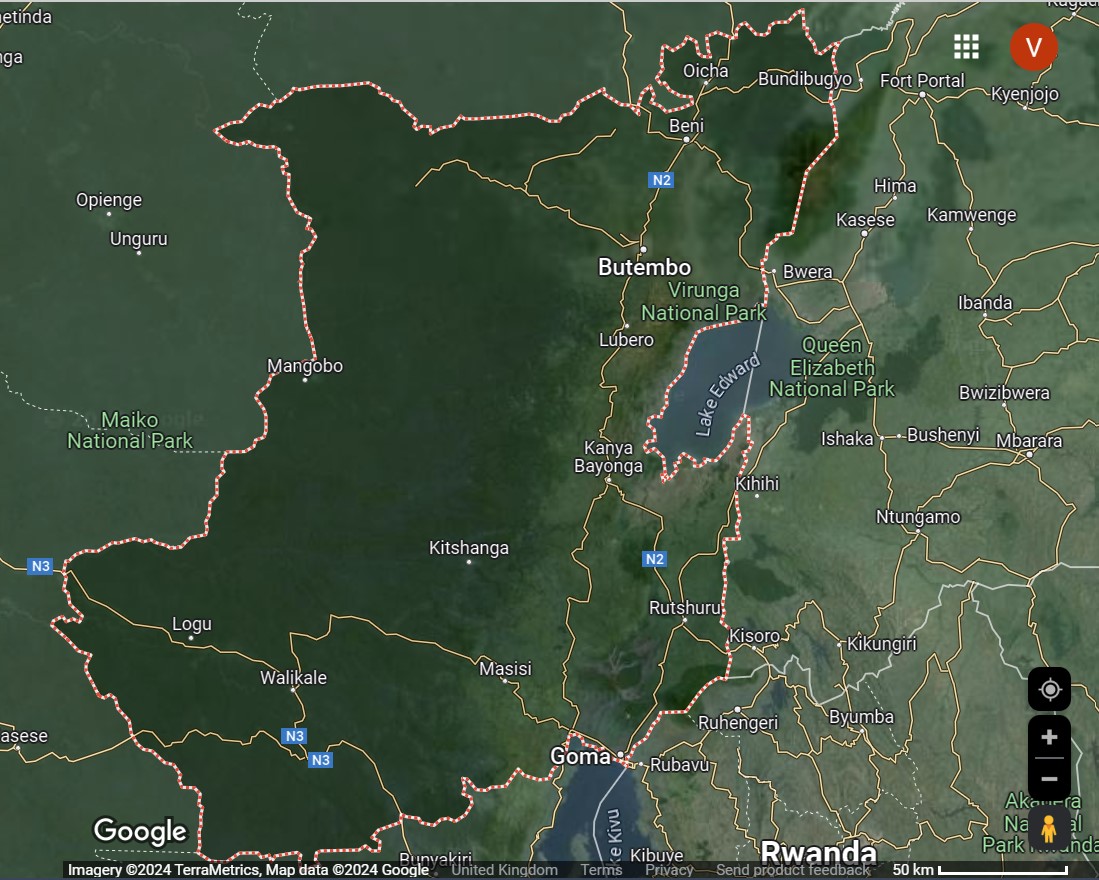
Highlighted is the map of North Kivu, one of the two Kivu Provinces in the east of the Democratic Republic of Congo, where majority of Kinyarwanda-speaking Congolese live.
The east of the Democratic
Republic of Congo (DRC) has suffered from insecurity for over three decades,
with successive governments in Kinshasa failing to address its root causes and
providing a sustainable solution.
Regional political analysts
say the independence of North and South Kivu Provinces, perhaps, would help end
the long-lasting killings targeting unarmed civilians in the vast region. Their
suggestion is based on the fact that the hostilities are escalating more
especially in localities controlled by the Congolese army coalition than in
those under the control of M23 rebels.
As noted by the UN's Special
Adviser on the Prevention of Genocide, Alice Wairimu Nderitu, in eastern DRC,
the current violence is mainly the result of the refugee crisis which led to
the flight of many individuals involved in the 1994 genocide against the Tutsi
in Rwanda, to eastern DRC, forming armed groups such as the FDLR which are
still active in the region.
In 2022, Nderitu stated that
“the abuses currently taking place in eastern DRC, including the targeting of
civilians because of their ethnicity must stop."
Since the 1990s, their
Congolese compatriots from other tribes have persecuted them, looted their
cattle and massacred hundreds of thousands of Rwandophones, especially
Congolese Tutsi. Thousands of them have been killed, while millions fled to
neighboring countries or are displaced internally.
The persecution of
Kinyarwanda-speaking Congolese triggered the creation of rebel groups to fight
against the existential threat imposed on them by compatriots under the
supervision of Congolese leadership.
They are facing threat of
genocide ideology being spread by negative armed groups such as FDLR from
Rwanda.
The M23 rebels are currently
fighting against a big Congolese army coalition comprising Burundian troops, SADC
troops, European mercenaries and private military companies, FDLR, the UN
mission in DRC, MONUSCO, and a myriad other local militias grouped under the
so-called Wazalendo.
Since their resurgence in late
2021, M23 rebels occupied swathes of territory in North Kivu Province in
eastern DRC. The rebels control towns such as, Mweso, Mushaki, Kirumba, Rubaya,
Kanyabayonga, Nyanzale, Bunagana, Kiwanja, Kitchanga, Rutshuru
and Sake, and vital access roads to Goma, the capital of North Kivu Province.
M23 spokesperson Lawrence
Kanyuka said the rebel group is not in the campaign to conquer territories, but
it found itself “obliged to silence” the enemy's heavy artillery, drones and
combat tanks at their source.
Kanyuka added that the M23 was
“coming to liberate” the residents in localities which were occupied by
Congolese army and militia groups who were persecuting Kinyarwanda-speaking
Congolese.
The rebels insist that they
want dialogue with Kinshasa. The latter continues to refuse talks, branding the
rebels as “terrorists”.
The December 2023 report by
the UN Group of Experts on DRC noted that the newly created and
government-sponsored armed group, Volontaires pour la défense de la Patrie
(VDP), triggered a flare-up of violence. Indiscriminate shelling, kidnappings,
and targeted assassinations were committed. On the other hand, in the
localities under M23 control, such inhumane acts are rare because the
perpetrators were defeated and fled.
Civilians in those areas feel
secure, and some of them have been requesting the rebels not to leave them.
They fear that if M23 leaves their localities, Wazalendo, FDLR and Congolese
army elements will return to massacre them.
Since Tshisekedi refused
dialogue with M23, or protecting and recognizing Kinyarwanda-speaking Congolese
the same way other citizens are treated, the rebel group has no other choice
other than protecting its community.
There will be a need to fully
secure both provinces where Kinyarwanda-speaking Congolese mainly live. With
this, the hundreds of deadly armed groups will no longer be allowed maneuver in
the region as it will remain under the control of M23.
Analysts say this would help to end decades-long hostilities in eastern DRC, and repatriate hundreds of Congolese refugees in exile.



